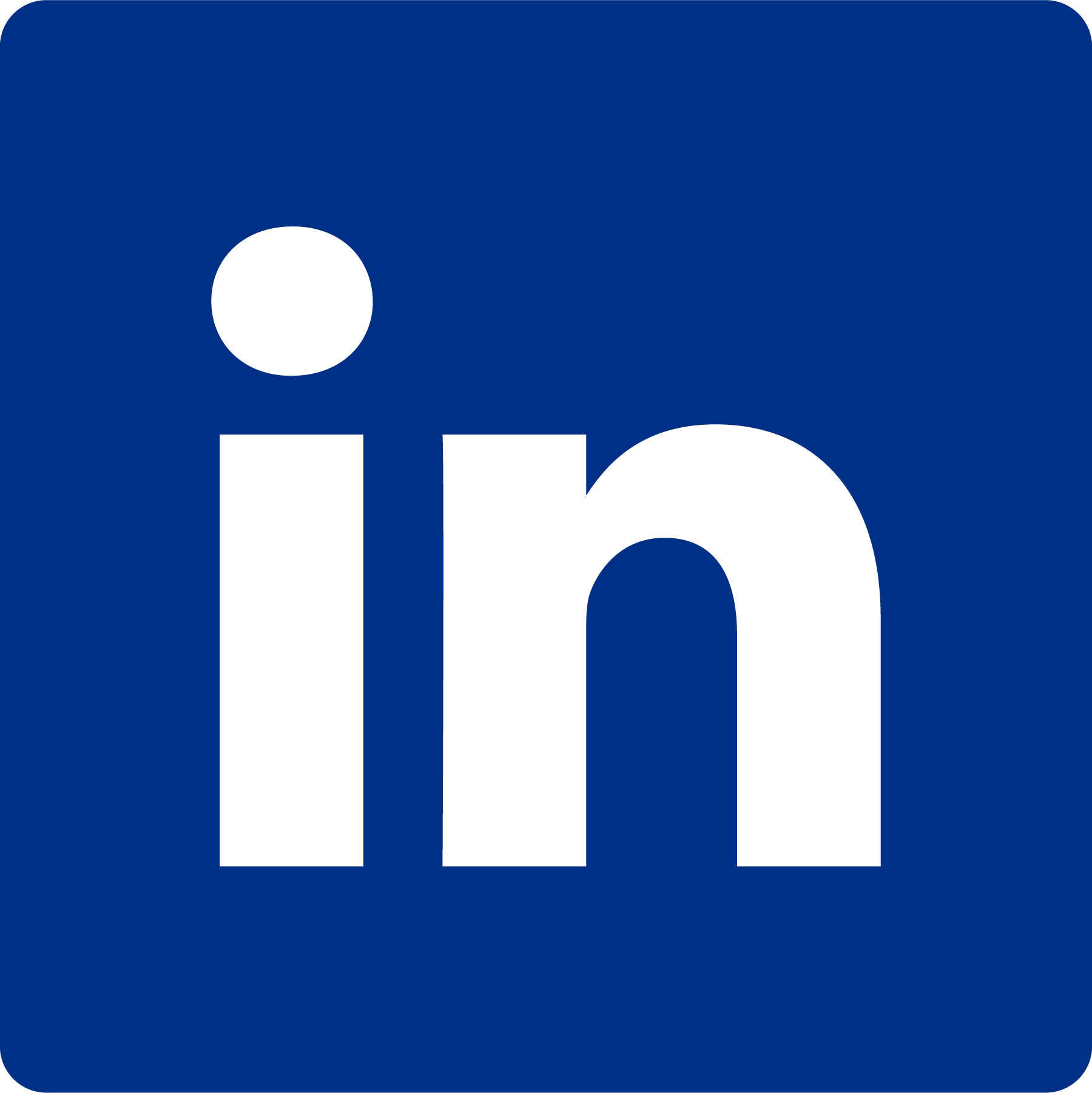

Start Your Journey Towards A Mathematics Career Today
While the secular world may place Christianity and science in juxtaposition, science is a Christian endeavor. Throughout nearly any scientific textbook (physics, biology, chemistry, genetics, astronomy, thermodynamics, etc.) Christian-influenced mathematicians and scientists pioneered much of the foundational research related to those disciplines. Synthesizing Christian and scientific understanding enhances the critical thinking skills needed by mathematicians of all disciplines.
Students completing the Bachelors of Science in Mathematics program at Central Christian College of Kansas are instilled with the knowledge and practical skills required to pursue an advanced degree in Mathematics. Engineering, statistics, and many social sciences rely on mathematics as a basis. A degree in mathematics provides the applied mathematics knowledge required to engage in various fields, as well as formal reasoning capabilities that may be applied in any organization.
Start your journey today – Tell Me More!
Possible Career Paths
- Mathematician – $67,690*
- Actuary – $60,820*
- Software Engineer – $75,630*
*O*Net – National Median Wage Data
Start Your Journey Towards A Mathematics Career Today
While the secular world may place Christianity and science in juxtaposition, science is a Christian endeavor. Throughout nearly any scientific textbook (physics, biology, chemistry, genetics, astronomy, thermodynamics, etc.) Christian-influenced mathematicians and scientists pioneered much of the foundational research related to those disciplines. Synthesizing Christian and scientific understanding enhances the critical thinking skills needed by mathematicians of all disciplines.
Students completing the Bachelors of Science in Mathematics program at Central Christian College of Kansas are instilled with the knowledge and practical skills required to pursue an advanced degree in Mathematics. Engineering, statistics, and many social sciences rely on mathematics as a basis. A degree in mathematics provides the applied mathematics knowledge required to engage in various fields, as well as formal reasoning capabilities that may be applied in any organization.
Start your journey today – Tell Me More!
Possible Career Paths
- Mathematician – $67,690*
- Actuary – $60,820*
- Software Engineer – $75,630*
*O*Net – National Median Wage Data
Start Your Journey Towards A Mathematics Career Today
While the secular world may place Christianity and science in juxtaposition, science is a Christian endeavor. Throughout nearly any scientific textbook (physics, biology, chemistry, genetics, astronomy, thermodynamics, etc.) Christian-influenced mathematicians and scientists pioneered much of the foundational research related to those disciplines. Synthesizing Christian and scientific understanding enhances the critical thinking skills needed by mathematicians of all disciplines.
Students completing the Bachelors of Science in Mathematics program at Central Christian College of Kansas are instilled with the knowledge and practical skills required to pursue an advanced degree in Mathematics. Engineering, statistics, and many social sciences rely on mathematics as a basis. A degree in mathematics provides the applied mathematics knowledge required to engage in various fields, as well as formal reasoning capabilities that may be applied in any organization.
Start your journey today – Tell Me More!
Possible Career Paths
- Mathematician – $67,690*
- Actuary – $60,820*
- Software Engineer – $75,630*
*O*Net – National Median Wage Data
Mathematics Core (40 Credits –
16 hours upper level required)
NS-CH 111 College Chemistry I w/ Lab (4)
NS-MA 111 Calculus I (4)
NS-MA 211 Calculus II (4)
NS-PH 205 General Physics I w/ Lab (4)
NS-PH 206 General Physics II w/ Lab (4)
NS-SM 291 Natural Science Seminar (1)
NS-SM 491 Senior Seminar [Natural Science Capstone] (1)
Choose at least one:
NS-AP 493 Research Project [Natural Science] (2-4)
NS-AP 495 Internship [Natural Science] (2-4)
Choose at least one:
NS-BI 201 Invertebrate Zoology w/ Lab (4)
NS-BI 202 Vertebrate Zoology w/ Lab (4)
NS-BI 203 Plant Biology w/ Lab (4)
Mathematics Electives
NS-MA ### Any Math Course (2-4)
NS-CH 112 College Chemistry II w/ Lab (4)
NS-PH 215 University Physics I (5)
NS-PH 216 University Physics II (5)
Bachelor of Science in Natural Science: Mathematics = 120 Credit Hours
- 43 Credits – General Education
- 40 Credits – Mathematics Core
- 16 Credits – Mathematics Electives
- 21 Credits – Open Electives
Knowledge
- To demonstrate and apply knowledge of terms and concepts employed in the natural sciences.
- To apply the scientific method by being able to design, carry out, and write up scientific investigations.
- To be able to think critically and evaluate scientific ideas and investigations.
Skills
- To demonstrate laboratory skills and safety -, safety tests, MSDS knowledge.
- To demonstrate the use of and apply mathematical concepts.
- To demonstrate the ability to evaluate scientific ideas and studies.
Attitudes
- To articulate ethical positions on controversial scientific issues and apply them to a Biblical worldview.
- To demonstrate integrity and responsibility.
- To demonstrate an understanding of the Biblical admonition to subdue the earth and rule over its creatures (i.e. to be stewards of the creation) (Gen. 1:28).
The Central Christian College business student has multiple ways to enrich their educational experience through off-campus opportunities. The department regularly offers national and international travel opportunities to study various topics including economics, finance, culture, trade, and monetary systems. Arrangements can also be made to study with the Council for Christian Colleges and Universities (CCCU) in their Best Semester program. CCC is also partnering with Students International where students have the opportunity to spend a semester in another country studying local culture, finance, economics, language, investment, entrepreneurship, etc.
Course Examples
This is a general inorganic chemistry course and includes detailed studies of the basics of chemistry, atomic and molecular structure, states of matter, solutions, chemical reactions, equilibrium, and nuclear chemistry. Laboratory activities support the classroom topics and also include safety, lab techniques and procedures, and instrumentation.
The first course (one semester) of a three semester sequence in calculus including studies of graphs, functions, limits, differentiation, and applications of differentiation, integration, and applications of integration.
This course is the first in a two-course sequence, which completes an eight semester hour college algebra based physics block. It meets the requirement for a basic professional level course supporting science majors not needing a calculus based physics course such as those going into pre-med. However, for those planning to take the MCAT, both semesters are needed. Topics covered include mechanics and fluids.
Linear algebra is an area of mathematics that deals with the properties of vectors, matrices, and other related mathematical structures. Interestingly, these topics readily lend themselves to a very rigorous study of the underlying mathematical theory, as well as to a broadly applications-oriented study of concepts, methods, and algorithms. This course will place roughly equal emphasis on theory and applications. Main topics to be covered include: linear systems and their solutions; linear transformations; matrix and vector algebra; vector spaces; determinants; eigenvectors; and orthogonality.
This is a course that provides the mathematical basis for computer science, but it is has a much broader mathematical application. This course covers applications in discrete mathematics through the study of logic and proofs, set operations, Venn diagrams, trees, Cartesian products and counting relations, functions and relations, concepts of algorithms, combinatorics, discrete probability, and graphs.
This is a one-semester course which includes a study of both Euclidean geometric topics (angle measurement, congruence between triangles, similarities between triangles, parallel postulates) as well as non-Euclidean geometry. Other topics include projective geometry, convex figures, and other foundations of geometry.
FACULTY
Mike Craig
Health Sciences Professormike.craig@centralchristian.edu
Lori Neshyba-Bird
Mathematics Instructorlori.neshyba-bird@centralchristian.edu
Tricia Pimentel
Exercise Sciences InstructorTricia.Sondergard@centralchristian.edu
FACULTY
Mike Craig
Health Sciences Professormike.craig@centralchristain.edu
Tricia Pimentel
Exercise Sciences InstructorTricia.Sondergard@centralchristian.edu
Lori Neshyba-Bird
Mathematics Instructorlori.neshyba-bird@centralchristian.edu
FACULTY
Mike Craig
Health Sciences Professormike.craig@centralchristian.edu
Tricia Pimentel
Exercise Sciences InstructorTricia.Sondergard@centralchristian.edu
Lori Neshyba-Bird
Mathematics Instructorlori.neshyba-bird@centralchristian.edu





